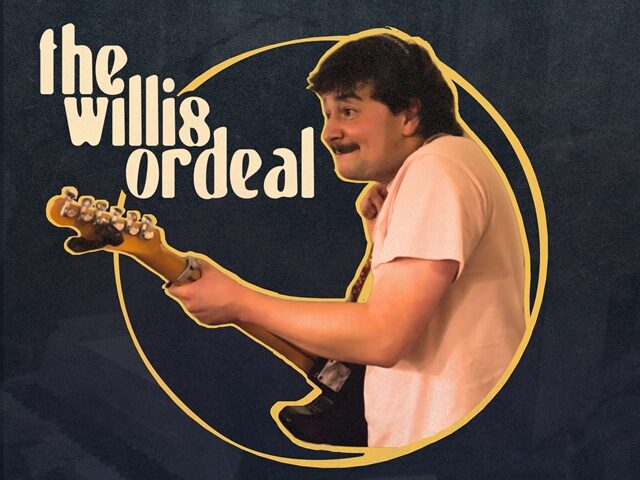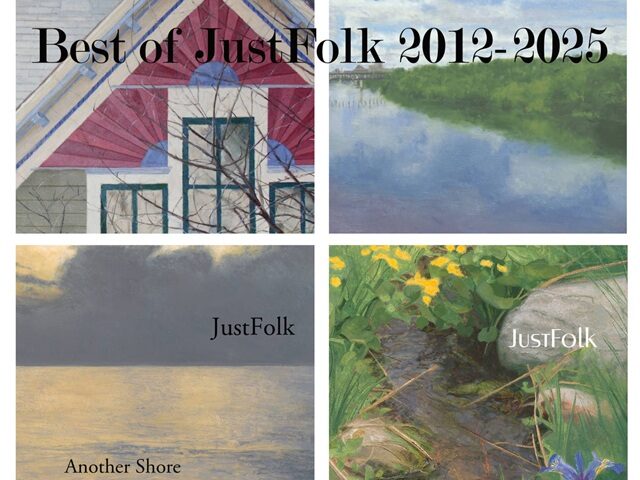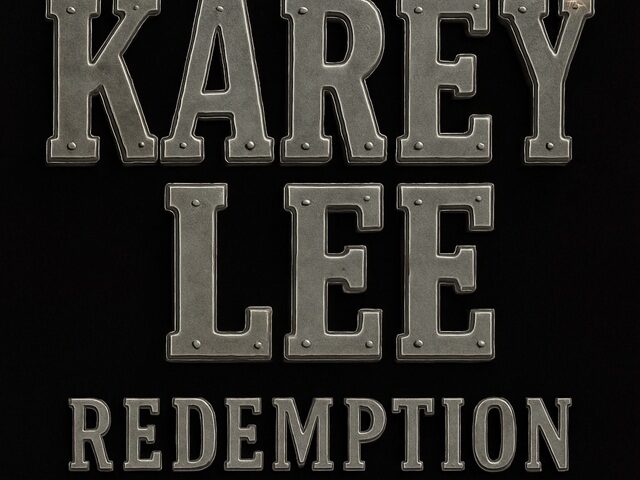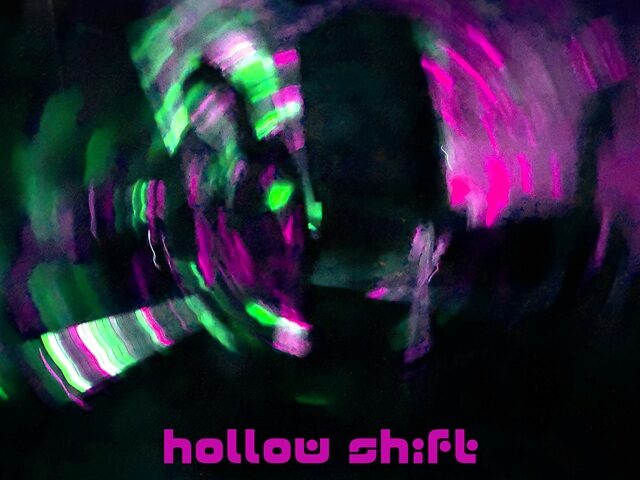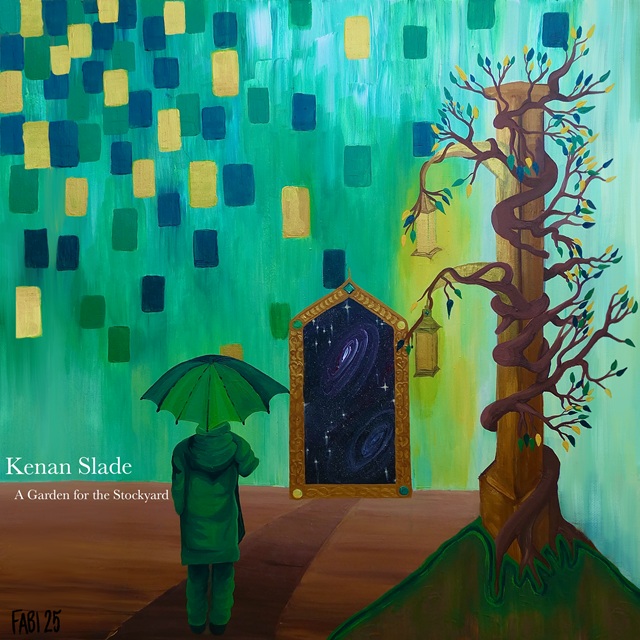
Chicago-based singer-songwriter Kenan Slade crafts a moving, poignant folk sound on his new album A Garden for the Stockyard, propelled by poetic lyrical imagery rooted in decay, urban transformation, and human connection. Slade describes the release as “a record for the plants that grow on the bones of the hogs of the once roaring stockyard. It tells of their decay, of the city that flourished from their flesh, of why I resent and envy them.” Additional influences, like rock and samba, ease their way in — though it’s largely a gorgeous folk-embracing sound that enamors throughout.
Weaving soft acoustic strums and the sound of turning the dial on a radio, “Radio Blues” kicks off the album with introspective allure — capturing the release’s decay-oriented thematic focus amidst a brisk folk progression. A sense of drifting despair pairs with vividly captured crumbling landscapes. “I’ll find my treasure rotting in the ocean floor,” Slade sings, tackling a world where personal ambition sinks and dissolves just like the world around him. The ensuing “Bedstuy” infuses melodic harmonica within the no-frills folk backing, where a friend’s travels and the narrator’s “sedentary ways” contrast, highlighting a bittersweet reckoning with change as the city decays, memories shift, and both lives drift into the quiet inevitability that “everything we do will be forgot.”
The album also excels in its more infectious efforts, like “Oshibana” — where sturdy guitar strums and peppy percussive pulses combine with an enthused vocal presence. A plea for Daisy — asking “why don’t you call me no more?” — exudes a naturalistic yearning, while reflections on a society reliant on technology invoke its quick-swiping, quick-digesting nature versus the necessary slow evolution of a real relationship: “My phone screen is telling me that I’ve got the world at my fingertips / That all of my woes on the wheel could be solved with a swipe.”
Slade’s lyricism is rich in both poetic depictions and vivid imagery, with both present on the visceral “End of the World.” An end-is-near foreboding is conveyed in lines like “nothing in the sky / no birds are left to fly/ buildings will crumble and fall and the earth will renew.” Rather than wallowing in the misery though, there’s a cathartic hope for renewal alongside a commitment to devotion: “I’ll be here waiting at the end of the world for you.” Perhaps as the world ends, what remains of society will begin to appreciate nature and others again — with a pure sort of love. “End of the World” conveys as such with heartrending appeal, reminding fondly of Neutral Milk Hotel in its folk-forward vibrancy.
The album’s concluding tracks continue to bolster the artfully constructed world within — on “Sunken Garden” wandering through dying parks, overgrown streets, and contemplating whether they should “melt my brain to feed all of the bugs and the ferns.” Album finale “Out of the Rain” continues visions of decaying land and reacting nature, as “birds out on the windowsill are flying away to better places.” References to rainfall and spring continue to suggest themes of renewal following apocalyptic decay, pondering the role of decomposition in face of decay and whether humanity is capable of giving back as plants and animals are.


